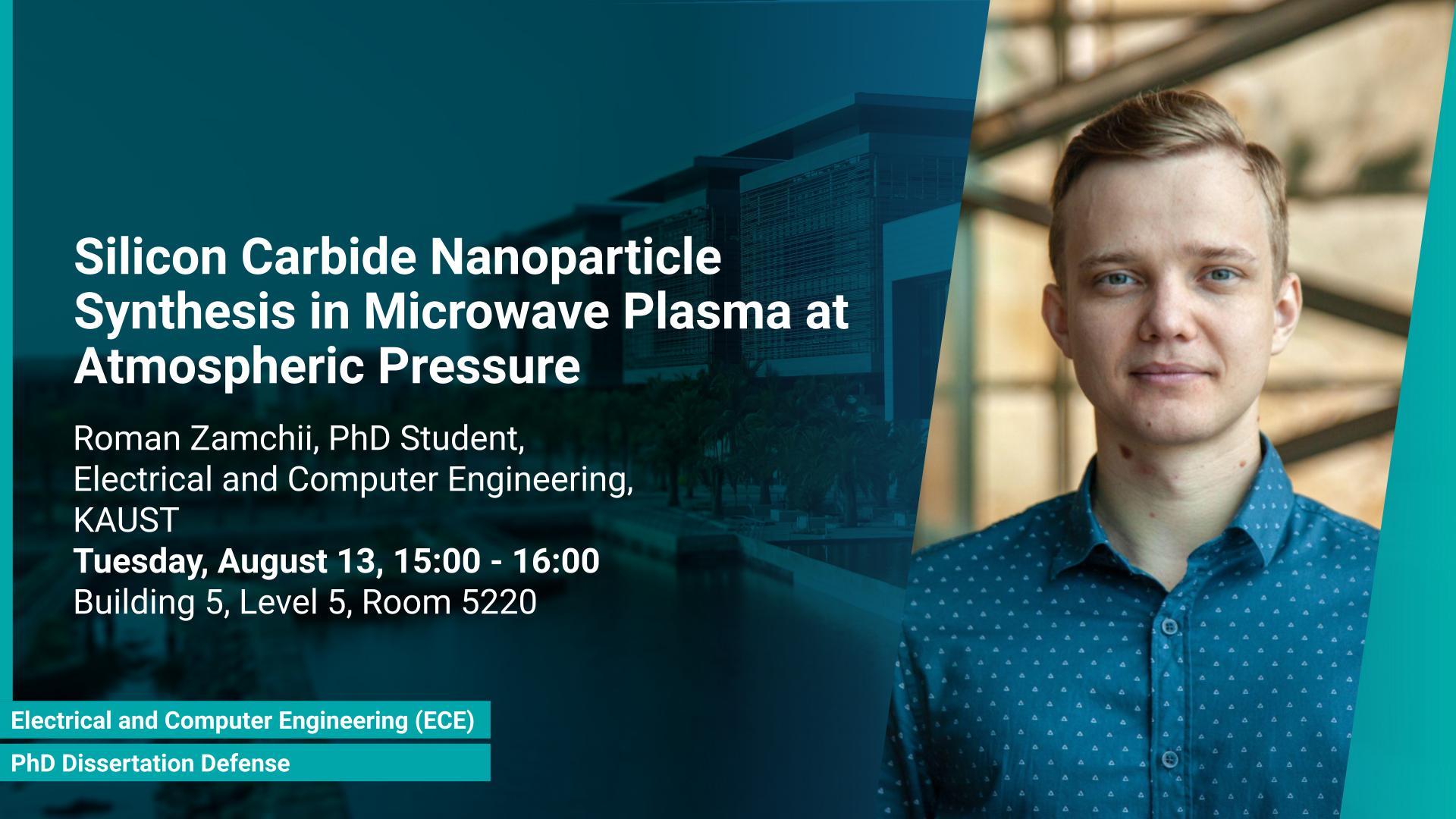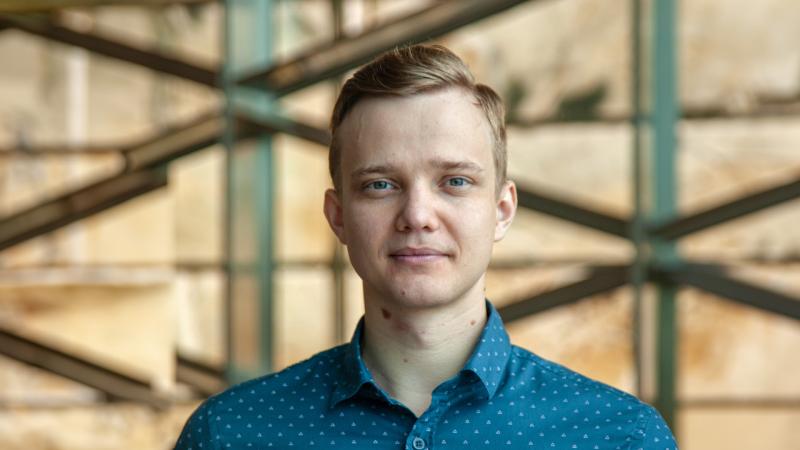Event Start
Event End
Location
Abstract
Silicon carbide nanoparticles exhibit unique surface, thermal, electrical, and biocompatibility properties due to their size, making them promising candidates for applications in various fields, such as structural composites, coatings, catalysts, fluorescent biomarkers, bioadhesives, and quantum sensing.
Numerous methods for producing these nanoparticles exist. However, most are limited to laboratory-scale production and often involve expensive and hazardous chemicals. This study proposes a simple and reliable method for silicon carbide nanoparticle synthesis utilizing the deposition of reaction products from an atmospheric pressure microwave plasma sustained by a surface wave discharge.
Tetramethylsilane diluted in a controlled argon flow served as the feedstock. The synthesized material was obtained under various conditions and subsequently characterized. Plasma diagnostics accompanied the synthesis process, with optical emission spectroscopy employed to estimate the gas temperature and electron number density within the plasma across all conditions. Material analysis revealed the formation of silicon carbide nanocrystals alongside amorphous silica and carbon-based nanostructures.
Several purification methods were explored and applied to the synthesized material. Thermal treatment effectively eliminated carbon impurities, while using an alkaline solution for silica extraction resulted in notable improvement. Potential optimization strategies for the experimental process were discussed.
Brief Biography
Roman received the B.S. and M.S. degrees from the Faculty of Physics, Saint Petersburg State University, Saint Petersburg, Russia, in 2012 and 2014, respectively. Since 2018, he has been pursuing a Ph.D. degree at the King Abdullah University of Science and Technology, Thuwal, Saudi Arabia. His research mainly focuses on gas discharge plasma at atmospheric pressure and its application. Roman's academic advisor is Professor Deanna Lacoste.

